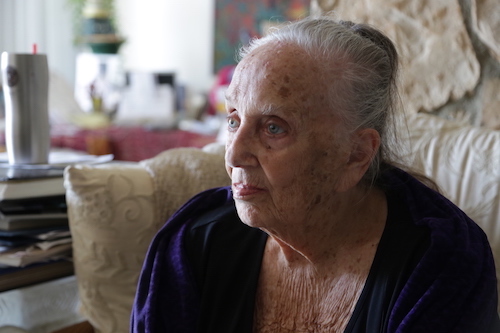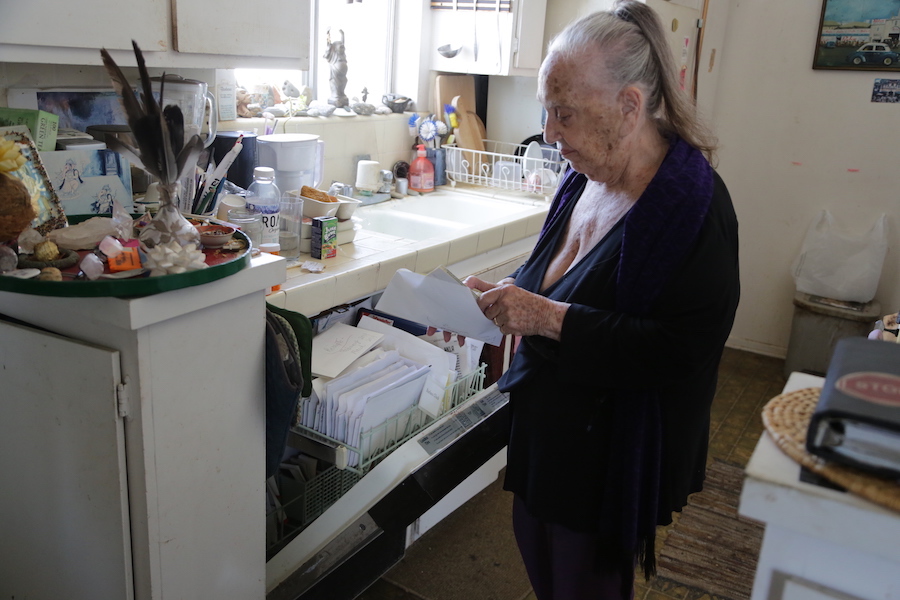Meet Our Inspiration: Barbara Gluck, 81
We don’t like to talk about getting old. But as Janie Graumen, Barbara Gluck’s social worker said, we’ll all get there, “If we’re lucky.”
Until a few years ago I only knew Barbara as a periphery character in my family’s life.
I knew she was an award-winning photojournalist and recognized for her coverage of the Vietnam War. That her work was in the New York Times and that later in life, the Getty Museum bought some of her photos. She also had a committed meditation practice and a sometimes-prickly personality. She appeared fiercely independent and lived a full, successful life.
So it was a surprise when my mom began to notice that Barbara was always hungry. It didn’t take long to realize that Barbara was financially in a bad way and needed help. Since she doesn’t have any living family, she gave my mom power of attorney to coordinate with the social workers. Together, they found solutions. But as Barbara ages, now almost 82, what works keeps changing.
I now hear about Barbara from my mom most days.
If you ask Barbara, she’ll say she is fine. Her life is great. She likes to reminisce about her time as a war photographer and her spiritual development. She doesn’t want to admit she is struggling. I see and hear the reality in other ways. Just last week I went with her and my mom on a trip to pay a late electric bill. We sat in a bank parking lot on hold with Southern California Edison and it slipped Barbara’s mind why we were there. She banged on the car roof and chanted, “Lets go! I just want ice cream!”
Barbara’s attention span is short and her memory is getting worse. She also has a lot of pride. This combination makes for a fascinating but often incomplete conversation. Her finances and support system remain off limits. At the same time, she makes sure to show me her dishwasher, which she turned into a filing system.
As our neighbors and parents and grandparents, and yes, we, grow old, we need to talk about it. Logistical concerns like how to save, to plan and to coordinate assistance for yourself or family members. What public resources are offered. Where the system works, and where gaps exist. As we saw with Barbara, bigger issues loom too. Like being realistic about your life. And how to cope with a lack of community and the loss of loved ones, physical capacities and personal memories.
For this project, our reporting team focused on people like Barbara who wanted to share their stories. And in the cases of Marshal Silverman, Tim Wynn, and Gero Galeano –all older people living on a low-income in high cost Los Angeles –also found at least one person, if not many organizations, putting in the time to support them.
There is a lot of wisdom we can learn from the older generation, who have been through what we may all experience one day.

